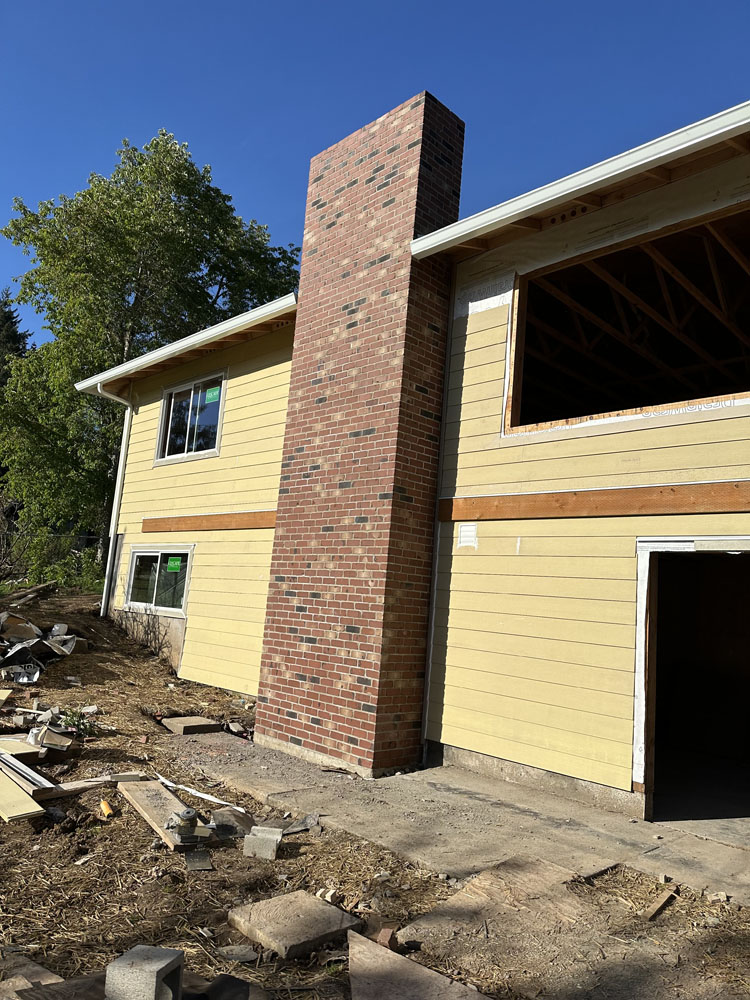Introduction
When it comes to home maintenance, many homeowners often overlook the masonry chimney. However, these structures are crucial not just for aesthetics but for functionality and safety as well. A well-maintained masonry chimney can enhance the overall efficiency of your fireplace or heating system while simultaneously reducing the risk of dangerous situations like chimney fires or carbon monoxide poisoning. So, let’s dive into preventative measures for keeping your masonry chimneys in top condition.
Masonry Chimney Repair
What is a Masonry Chimney?
A masonry chimney is typically constructed from bricks, stones, or concrete blocks. Unlike metal chimneys, which may offer a quicker installation process, masonry chimneys provide durability and superior insulation properties. However, they require regular upkeep to maintain their integrity and efficiency.
Why Is Maintenance Important?
You might wonder why you should bother with maintenance when everything seems to be working fine. Well, neglecting regular inspections and care can lead to significant problems down the road. For instance:
- Structural Integrity: Cracks and other damages can compromise the structure. Fire Hazards: Creosote buildup is a major fire hazard. Efficiency Loss: Blockages can hinder airflow, making your heating system less efficient.
Common Issues with Masonry Chimneys
Before diving into preventative measures, let’s look at some common issues that could arise if proper care isn’t taken:
Cracking: This can occur due to weather exposure or settling of the home. Spalling: When water seeps into the brickwork and causes it to flake or crumble. Blockage: Debris from animals or creosote buildup can obstruct airflow.Preventative Measures: Keeping Your Masonry Chimneys in Top Condition
Regular Inspections
One of the most effective ways to keep your masonry chimneys in top condition is through regular best chimney repair inspections by professionals. Aim for at least one annual inspection.
How Often Should You Inspect?
- Annual Checks: For regular use fireplaces Biannual Checks: For heavy-use fireplaces during winter months
Cleaning Your Chimney
Cleaning your chimney is essential for preventing soot buildup and ensuring efficient operation.
DIY vs Professional Cleaning
While cleaning your chimney might seem like a DIY job, professional services often have specialized tools that ensure a thorough job.
| Task | DIY | Professional | |------|-----|--------------| | Equipment Needed | Broom & Brush | Specialized Vacuum | | Time Required | 2-4 Hours | 1 Hour | | Safety Risks | Moderate | Low |
Repairing Cracks Promptly
No matter how minor they seem, cracks in your masonry chimney should be addressed immediately.
Why Immediate Repairs Matter
- Prevents further deterioration Reduces future repair costs Ensures safety by preventing debris fall
Seasonal Maintenance Tips
Spring Maintenance Checklist
As winter transitions to spring, here's a checklist you might find useful:
- Inspect for winter damage Clean away debris Check flashing and cap integrity
Fall Preparation Tips
Before you light that first fire of autumn, consider these steps:
- Schedule a professional inspection Clean out any leaves or branches Check the damper function
Weatherproofing Techniques
Understanding Weather Impact on Masonry
Masonry materials are notoriously susceptible to weather conditions such as rain or snow.
Protective Sealants
Applying a waterproof sealant can be an effective way to protect against moisture intrusion.
Installing a Chimney Cap
A chimney cap serves multiple purposes:
Keeps rain out Prevents animal intrusion Reduces downdraftsDealing With Vegetation
Removing Overhanging Branches
Overhanging tree branches pose risks including falling debris and blocked airflow. Trim any branches that come too close!
Vegetation Growth Around the Base
Plants growing around your chimney base can trap moisture against the structure leading to spalling and cracking over time.
Understanding Local Codes & Regulations
If you're unsure about what maintenance tasks you're allowed to perform yourself, check local codes! Many areas have specific regulations governing chimney maintenance that you must adhere to.
Hiring Professional Help

When To Call In Experts?
If you're facing serious issues like structural damage or extensive creosote buildup, it's time to call professionals specialized in masonry chimney repair.
What To Look For In A Contractor?
When hiring someone for repairs:
Check their credentials. Look for reviews online. Ensure they offer warranties on their work.Cost Considerations
Budgeting for Maintenance
Understanding costs associated with keeping your masonry chimneys in top condition will help you plan better financially.
Average Costs Breakdown
| Service | Average Cost | |------------------|--------------| | Annual Inspection | $100-$200 | | Cleaning | $150-$300 | | Minor Repairs | $200-$500 |
FAQs (Frequently Asked Questions)
How do I know if my masonry chimney needs repair?- Look for visible cracks or signs of water damage; also pay attention if smoke backs up when using your fireplace.
- While it’s possible, hiring professionals ensures a thorough clean without risking safety hazards.
- Waterproof masonry sealants specifically designed for outdoor use work best.
- Yes! It improves efficiency and reduces fire risks by containing heat within the flue.
- Ideally once per year; more frequently if used heavily during colder months.
- A strong odor from the fireplace or difficulty starting fires can indicate creosote accumulation.
Conclusion
Taking preventative measures is key in keeping your masonry chimneys in top condition—this not only enhances performance but ensures safety as well! From regular inspections and timely repairs to seasonal cleanings and professional help when needed; each step plays an essential role in maintaining this vital component of your home’s heating system. Remember that investing time and resources into proper care now can save you significant headaches—and expenses—down the line!